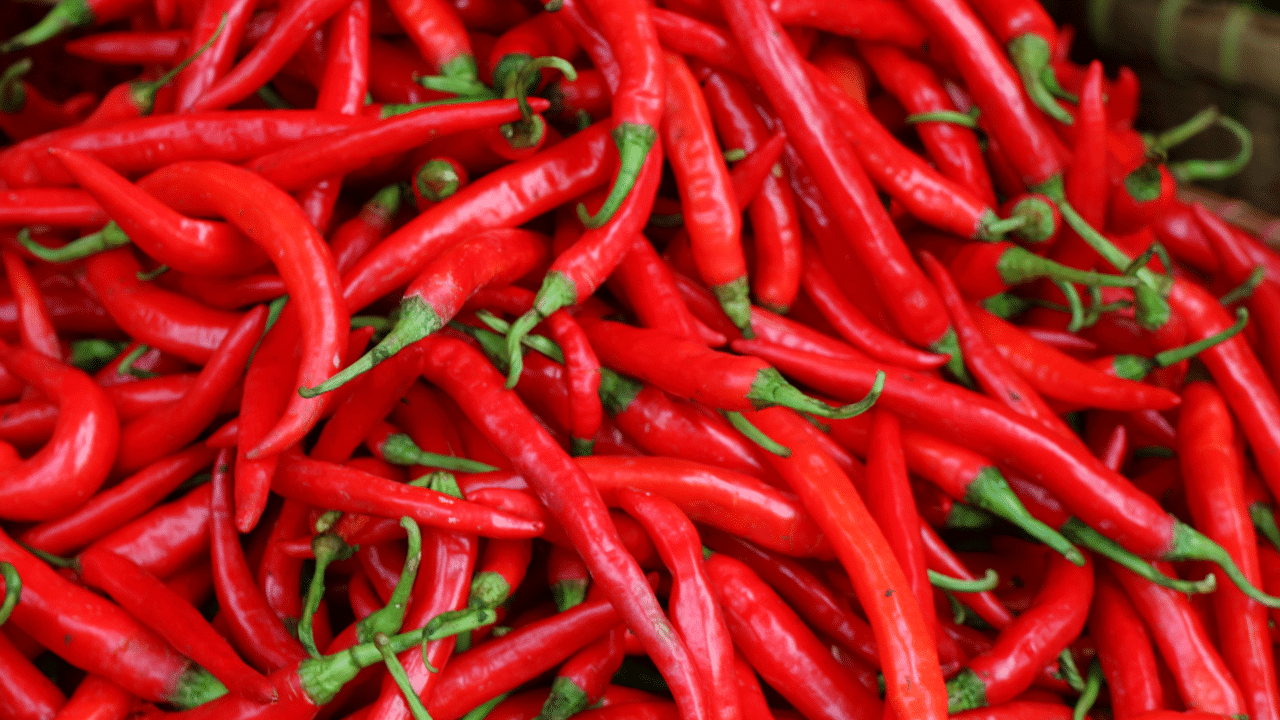DOH: ‘Siling labuyo’ no cure for dengue
MANILA, Philippines — No, your go-to “siling labuyo” (labuyo chili) is not the best way to cure dengue and its symptoms.
Our parents and grandparents might have used them in the past, but the Department of Health (DOH) warned that go-to medicinal plants such as siling labuyo, “tawa-tawa” (asthma weed), and guava leaves are not the best way to treat dengue.
Reacting to recent posts on social media on that matter, the DOH said “there is no specific treatment for dengue. Hence, the department encourages Filipinos that the best way to prevent dengue is to avoid mosquito bites.”
READ: DOH: Guard against dengue as rains come
Speaking to reporters at a conference on Saturday, Dr. Kim Patrick Tejano of the department’s Disease Prevention and Control Bureau said, “Our experts on dengue and other infectious diseases suggest against using tawa-tawa, bayabas and siling labuyo for dengue patients because there are no proven effects for the improvement or resolution of the symptoms.”
He advised those who experience high fever (39 degrees Celsius and higher) for two days, as well as any two other signs of dengue, to immediately consult the nearest health facility.
Other symptoms include pain behind the eyes and joints, severe headache, rashes, nose or gum bleeding, and being easily bruised.
READ: DOH exec says Metro Manila has highest dengue cases for past 5 years
No approved vaccines yet
According to Tejano, there are antivirals—which are a definitive cure to the dengue virus itself—currently undergoing clinical trials.
Some countries already administer dengue vaccines. In the Philippines, however, there are no dengue vaccines yet approved by the Food and Drug Administration (FDA).
In July last year, the FDA said it received three applications for the commercial use and sale of new dengue vaccines, but Sanofi Pasteur’s controversial Dengvaxia was not among them.
Tawa-tawa capsules are commercially available as herbal food supplements approved by the FDA—but not as a medicine—including the one manufactured by Herbanext Laboratories Inc. (HLI) based in Negros Occidental.
HLI’s tawa-tawa capsules are developed through a study backed by the Department of Science and Technology-Philippine Council for Health Research and Development under the Tuklas Lunas Program.
Their studies showed that tawa-tawa is rich in bioactive compounds like phenolics and flavonoids, which may be responsible for its antidengue properties.
HLI is planning to conduct clinical studies to develop this supplement into a drug that will be used as a complementary treatment for dengue.
‘Rise in cases’
On Saturday, the DOH warned that new dengue cases, which had been declining in the past weeks, are “now starting to plateau.”
“This could be the start of a rise in cases nationwide if we will not search and destroy ‘mosquito water’—stagnant water in any areas or containers that may breed Dengue mosquitoes,” it said in a statement.
From the start of the year up to June 1, a total of 70,498 dengue cases have already been recorded, with 197 deaths.
The number of dengue cases from April 21 to May 4 at 5,305 was “almost the same” as the 5,368 cases reported from May 5 to May 18.
From May 19 to June 1, there were 3,793 dengue cases reported. While the DOH noted this was a 29-percent decrease, it was still “very cautious” in interpreting the data, considering that seven regions—Cordillera, Ilocos, Zamboanga Peninsula, Cagayan Valley, Caraga, Mimaropa, and Northern Mindanao—have shown an increase in reported cases in the past three to four weeks.
Tejano said dengue cases historically surge during the rainy season, with the DOH also monitoring highly urbanized regions like Metro Manila, Calabarzon and Central Luzon as hot spots.
The DOH reminded the public of the “5S” strategy to combat dengue: search and destroy mosquito-breeding sites, use self-protection measures, seek early consultation, say yes to fogging where needed, and start and sustain hydration.
“More water means more mosquito-breeding grounds. Kill mosquitoes to keep dengue down. Search and destroy stagnant water. Also, don’t let these pests bite you,” Health Secretary Teodoro Herbosa said.
